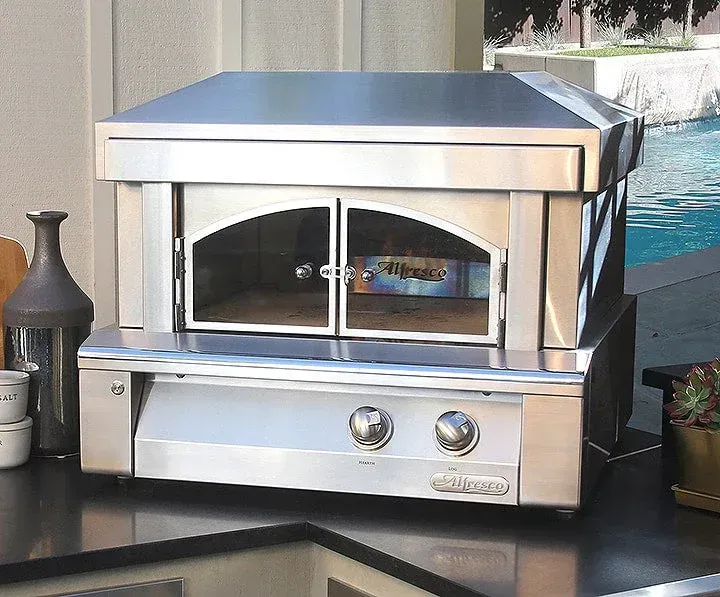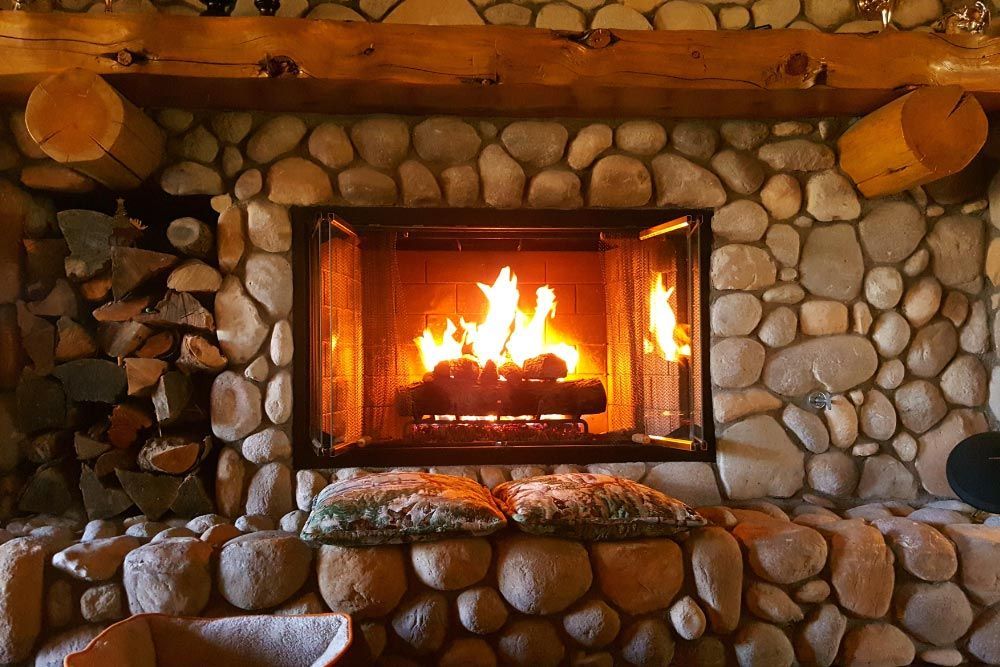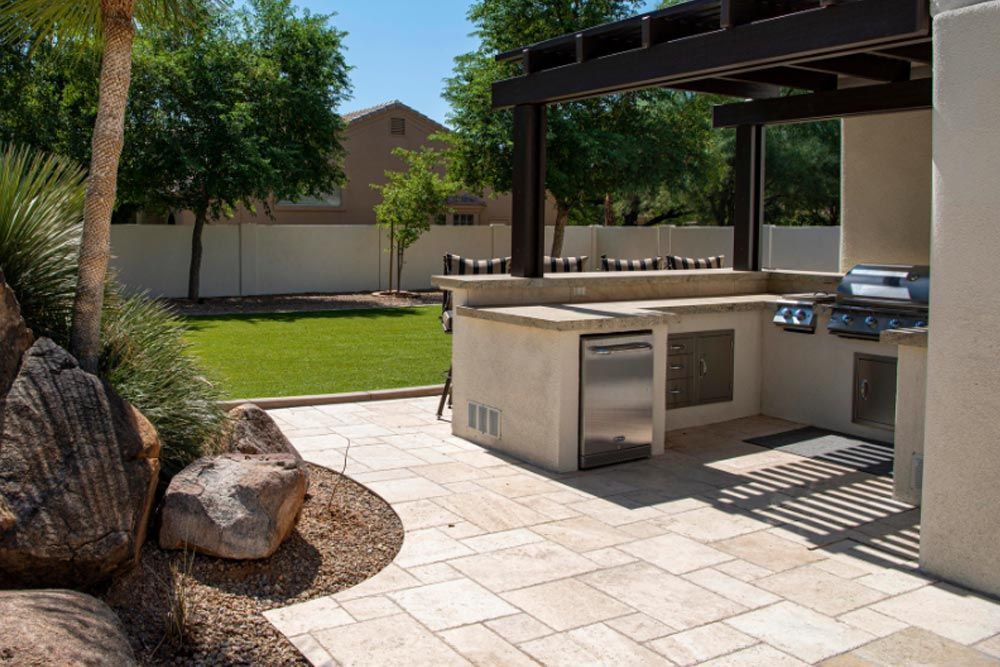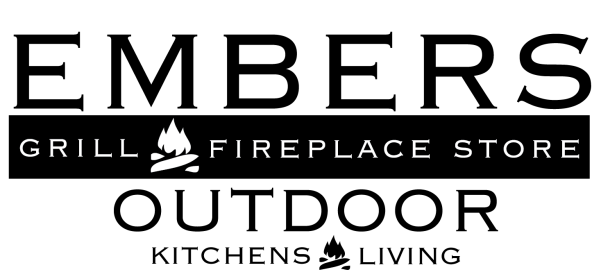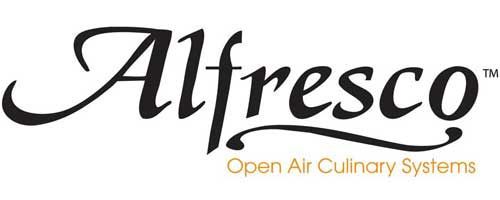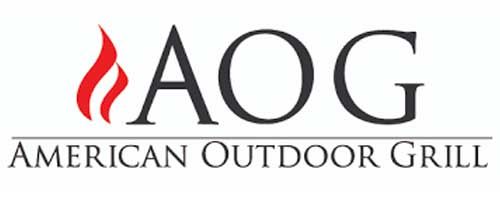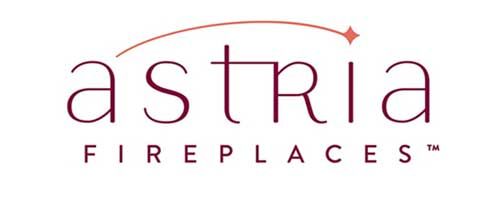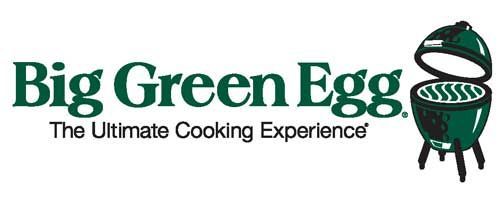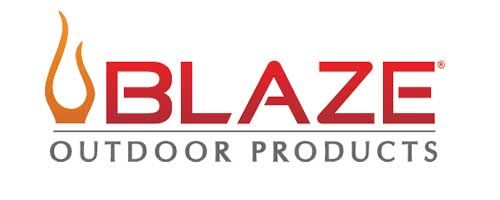Choosing the right flooring for an industrial setting is a critical decision. Industrial floors must withstand heavy foot traffic, machinery, chemical spills, and fluctuating temperatures. The right surface can enhance safety, improve efficiency, and reduce long-term maintenance costs. Two of the most popular choices for industrial coatings are epoxy and urethane.
While both are excellent resinous flooring options, they have distinct properties that make them suitable for different environments.
This guide will compare epoxy and urethane flooring to help you determine the best solution for your industrial needs.
What Is Epoxy Flooring?
Epoxy is a resinous coating composed of a two-part system: a resin and a hardener. When mixed, they create a chemical reaction that cures into a rigid, durable plastic surface. The result is a seamless, high-gloss floor that bonds exceptionally well to concrete.
Key characteristics of epoxy include outstanding hardness, impact resistance, and excellent resistance to a wide range of chemicals. It creates a robust, non-porous surface that is easy to clean and maintain. Due to its strength, epoxy is commonly used in warehouses, manufacturing plants, automotive garages, and showrooms, where durability and aesthetic appeal are crucial.
What Is Urethane Flooring?
Urethane, specifically urethane cement, is a three-part system combining a polyurethane resin with cement and aggregate. This combination creates a coating that is more flexible and resistant to thermal shock than epoxy.
The primary advantages of urethane are its elasticity, abrasion resistance, and ability to withstand extreme temperature swings without cracking or delaminating. This makes it an ideal choice for environments with thermal cycling, such as commercial kitchens, food and beverage processing plants, and areas with frequent hot water wash-downs. Its UV stability also means it won't yellow when exposed to sunlight, making it suitable for outdoor applications or areas with large windows.
Epoxy vs. Urethane: A Detailed Comparison
To make the best choice, it's essential to compare these two materials across several key performance indicators.
Durability and Impact Resistance
Epoxy creates an extremely hard and rigid surface with a high compressive strength, making it highly resistant to heavy impacts and static loads. Urethane is more flexible and has better abrasion resistance, meaning it can better withstand scratching and scuffing from continuous traffic.
- Winner: Epoxy for impact resistance; Urethane for abrasion resistance.
Chemical Resistance
Both flooring systems offer good chemical resistance. However, epoxy is particularly effective against acids and alkalis. Urethane excels at resisting organic solvents and lactic acids, which are common in the food and beverage industry.
- Winner: Tie, depending on the specific chemicals involved.
Temperature Resistance
Urethane is the clear winner here. It can withstand extreme temperature fluctuations, from freezing conditions to hot steam cleaning, without cracking. Epoxy is less tolerant of thermal shock and can become brittle or delaminate under such stress.
Flexibility and Crack Resistance
The inherent flexibility of urethane allows it to absorb impacts and bridge small cracks in the underlying concrete substrate. Epoxy is much more rigid and can be prone to cracking if the concrete underneath shifts or develops new cracks.
Cost Considerations
Generally, the material cost for epoxy flooring is lower than for urethane. However, the total cost depends on the project's size, the required thickness, and the condition of the substrate. While urethane may have a higher upfront cost, its longevity in certain demanding environments can lead to a better return on investment.
- Winner: Epoxy for initial cost.
Installation Process
Both materials require a properly prepared concrete surface for successful application. Epoxy typically has a longer curing time and is more sensitive to moisture during installation. Urethane systems often cure faster and have a greater tolerance for moisture in the concrete, which can sometimes speed up the installation schedule.
Which Flooring Is Right for You?
The best choice depends entirely on your facility's specific needs and environmental conditions.
- Choose Epoxy if: You need a high-gloss, durable floor for a dry environment with heavy machinery or foot traffic, such as a warehouse, manufacturing facility, or showroom. It is also a more budget-friendly option for initial installation.
- Choose Urethane if: Your facility experiences thermal shock (e.g., hot water wash-downs), chemical exposure from organic acids, or significant UV light exposure. Its flexibility makes it ideal for food processing plants, commercial kitchens, and outdoor spaces.
In many cases, a hybrid system provides the best of both worlds. An epoxy base coat can be used for build and impact resistance, while a urethane topcoat can provide superior abrasion resistance, UV stability, and chemical protection.
Your Partner in Outdoor and Indoor Design
Making the right decision for industrial flooring requires careful consideration of your operational needs. By understanding the differences between epoxy and urethane, you can select a solution that provides lasting value and performance.
Embers Grill & Fireplace Store in Brentwood, TN carries that same commitment to quality into every project we deliver. As Nashville’s premier destination for
custom outdoor kitchens,
premium grills,
fireplaces, fire pits, patio heaters, and outdoor furniture, we help homeowners and businesses design spaces that are both functional and beautiful. Our team provides expert guidance, high-quality products, and tailored solutions to bring your vision to life—indoors or outdoors.

